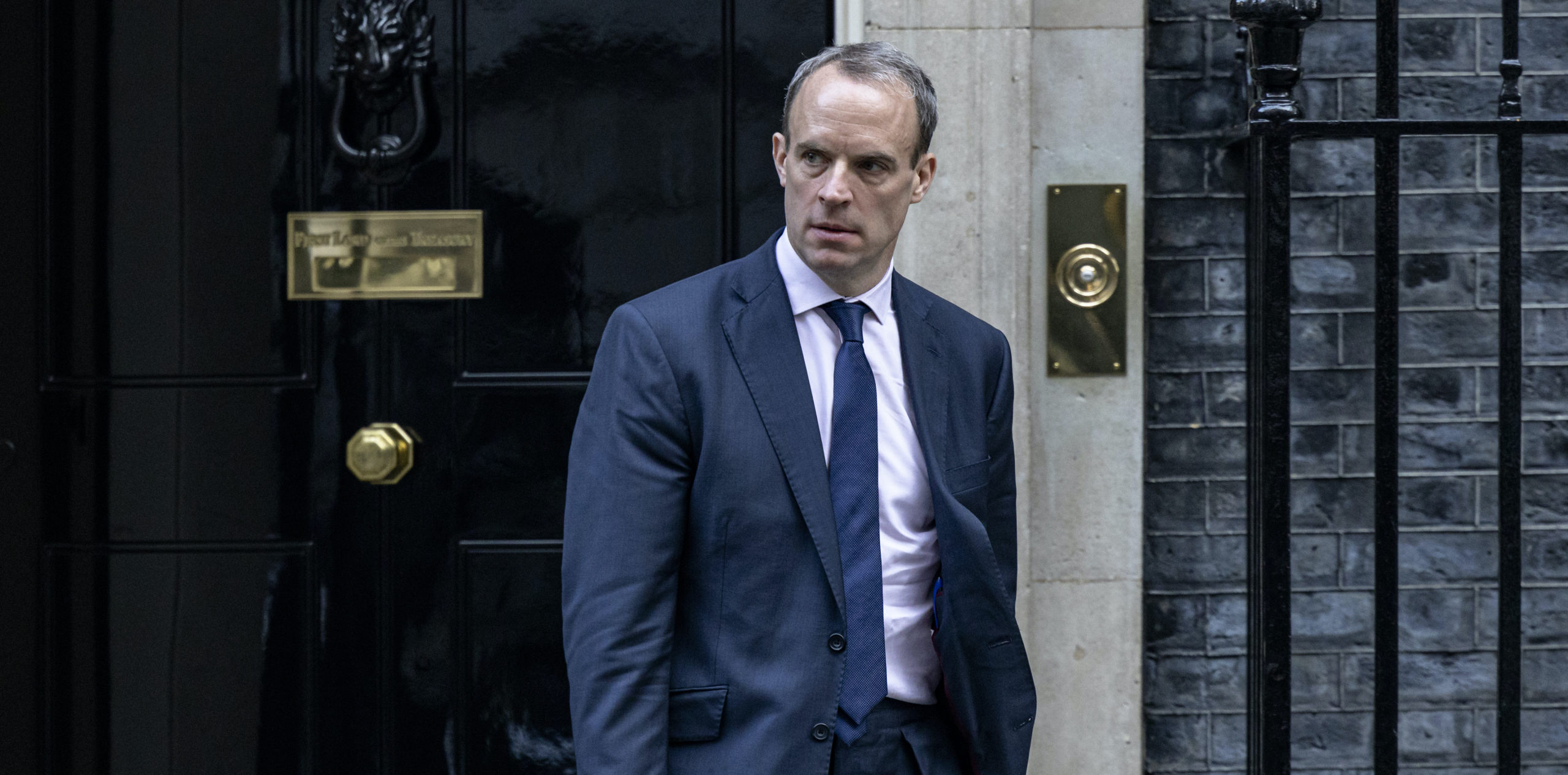In Moon Over Soho, the second of his excellent urban fantasy series, Ben Aaronovitch has the book’s hero, PC Peter Grant, invoke the Human Rights Act 1998 as grounds for a duty not to carry out an extra-judicial killing. His (much) older colleague, Inspector Nightingale, responds that the argument only holds if “human being” is expanded to include “vampires and chimerae”. Grant counters that in that case they should wait on the courts, or better yet Parliament, to clarify the law.
I doubt Dominic Raab had this exchange in mind when finalising the consultation on human rights law reform, launched yesterday, although it is true that the consultation does note concerns about “legal uncertainty, confusion and risk aversion” on the part of police and other public servants. And the consultation does set out proposals that aim to make sure that it is Parliament rather than the courts that has the whip hand in making the law.
But the Moon Over Soho passage provides an example of the familiar fallacy of conflating the moral force of human rights with the questionable merits of human rights law in particular. The Human Rights Act is a contingent Act of Parliament, not a badge of civilisation. The question should always be whether it is an effective instrument, all things considered, for helping to protect rights.
Quite apart from the 1998 Act, the ordinary law of the land — common law and statute — does most of the protecting of human rights. This was true in 1998 and is still true today. In relation to extra-judicial killing, the common law of murder forbids anyone, including police officers, from killing, save in self-defence or defence of others. Appendix 1 to the consultation reinforces the point, usefully noting some of the many statutes and common law rules that help protect the rights in question.
Parliament would be entirely within its rights to conclude that the 23-year-old experiment that is the Human Rights Act has failed and to repeal it, without replacing it with some other, more palatable statutory bill of rights. Restoring the law as it stood until the 1998 Act came into force (which, incidentally, was in October 2000; the two years between enactment and commencement were not some kind of lawless free for all) would strip away an unconstitutional mode of rights protection. It would leave intact the main guarantee of our rights, which is the ordinary law of the land, upheld by independent courts and made and changed by government and Parliament.
Amending, repealing or replacing the 1998 Act will not change the UK’s membership of the European Convention on Human Rights. The UK was a party to the Convention well before the Act came into force and would remain so if it were repealed. Membership of the Convention is no more necessary to protect rights than is the Act. In both cases, the question is whether the legal arrangement in question does more good than harm. In relation to the Convention, the position is not exactly stable, because the Strasbourg Court so often rewrites its terms.
Human rights law reform is not for the faint-hearted. Proposals for change are routinely misrepresented by enthusiasts for the status quo as an attack on rights, whereas they are in fact a defence of legislated rights, the rule of law and parliamentary democracy. There may be good small c-conservative reasons to consider amending the Human Rights Act, or replacing it with a new bill of rights, rather than repealing it outright. But if Parliament were to act boldly and repeal the Act, without replacing it, it would simply be restoring the old constitution.
Richard Ekins is Head of Policy Exchange’s Judicial Power Project and Professor of Law and Constitutional Government, University of Oxford










Join the discussion
Join like minded readers that support our journalism by becoming a paid subscriber
To join the discussion in the comments, become a paid subscriber.
Join like minded readers that support our journalism, read unlimited articles and enjoy other subscriber-only benefits.
Subscribe